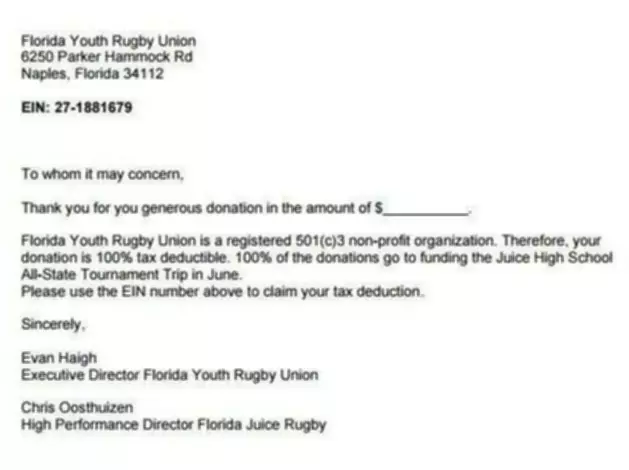Content

FASB also allows businesses to choose how they depreciate assets on their financial statements, and they must disclose which method is used and use it consistently for the life of the assets. The FASB is an independent nonprofit organization responsible for establishing accounting and financial reporting standards for companies and nonprofit organizations in the US, following the Generally Accepted Accounting Principles. FASB sets and makes updates to GAAP accounting, a common set of accounting principles, standards, and procedures that companies must follow when they report on their financial standing. The International Accounting Standards Board is a set of accounting standards that are produced by the International Accounting Standards Committee, which is formed from representatives from major national standard-setting bodies. Institution charged with issuing and adapting generally accepted accounting principles and authoritative literature. Generally Accepted Accounting Principles, or GAAP to create statements about how entities should report financial information – such as assets, liabilities, and expenditures – under U.S. law.
- Not to require or permit an alternative measurement, such as historical cost less impairment, for crypto assets not traded in an active market.
- Reference rate reform refers to the global transition away from referencing the LIBOR—and other interbank offered rates—and toward new reference rates that are more observable or transaction-based.
- The FASB is responsible for establishing Generally Accepted Accounting Principles , standards of financial accounting that govern the preparation of financial reports by public and private companies and not-for-profit organizations in the United States and other jurisdictions.
- FASB has the power to create accounting principles that will become the standard for all financial reporting.
Clearwater constantly monitors upcoming changes to regulatory guidance and applies them to the system. No matter what evolution the industry experiences, LiquidX is here to support clients and partners https://www.bookstime.com/ every step of the way. Our solutions are purpose built to grow and adapt alongside our customers, and our experts maintain a pulse on the latest developments so we can keep our network informed.
History of the Organization
This paper provides an overview of proposed and final standards issued by FASB from July to September 27, 2022, along with recent updates on outstanding exposure drafts and ongoing projects. On 27 March 2020, US President Trump signed into law the Coronavirus Aid, Relief, and Economic Security Act (the “CARES Act”), which provides relief from certain accounting and financial reporting requirements under U.S. GAAP. However, until actions are taken by the SEC or the FASB, the provisions of the CARES Act are not amendments to US GAAP. Five internationally significant framework- and standard-setting institutions have published a statement of intent to work together towards a comprehensive corporate reporting system. Critics argue that the 2006 SFAS 157 contributed to the 2008 financial crisis by easing the mark-to-market accounting rule and allowing valuation of assets based on their current market price, rather than the purchase price. Critics claim FASB changes to mark-to-market accounting were made to accommodate «banks with toxic assets on their books.»
What is the role of FASB?
The Financial Accounting Standards Board (FASB) is responsible for setting the U.S. Generally Accepted Accounting Principles (GAAP), and interpreting and enforcing them across reporting entities in publicly traded companies in the United States of America.
The Wheat Report also recommended developing the “Financial Accounting Standards Advisory Council, a 20-member advisory council that members serve an initial 1-year term, that could be renewed indefinitely, and to explicitly define the FASB research projects, to ensure timely and appropriate results. On May 11, 2022, the Boarddecided to add a project on the accounting for digital assets to its technical agenda. FASB is seeking feedback on whether IAS 20 represents a workable solution for improving generally accepted accounting principles for business entities as it relates to the accounting for government grants. FASB is seeking comments on a proposed new chapter of its Conceptual Framework related to recognition and derecognition criteria and guidance for items’ addition to and removal from financial statements. This is in order to provide financial reporting objectives that promote a transparent discussion of the reporting entity’s financial position, results from its operations, and cash flows. In 1973, these 3 organizations merged into one 128-member board through an act known as the Financial Foundation Act. In 2001, the Financial Accounting Foundation separated from the Financial Accounting Standards Board, which now has a sole focus on creating accounting principles that provide transparency to investors.
What is the FASB?
The Financial Accounting Standards Board has the authority to establish and interpret generally accepted accounting principles in the United States for public and private companies and nonprofit organizations. GAAP is a set of standards that companies, nonprofits, and governments should follow when preparing and presenting their financial statements, including any related party transactions. Collectively, the organizations’ mission is to improve financial accounting and reporting standards so that the information is useful to investors and other users of financial reports. The organizations also educate stakeholders on how to understand and implement the standards most effectively. The accounting standards developed by what is fasb directly impact how businesses report items such as inventory costs, debt, assets, revenue, stockholder’s equity, and taxation.
- These also contain background and basis for conclusions in addition to the text of proposed changes to the Codification.
- XBRL International is a global not for profit operating in the public interest.
- The information contained herein is of a general nature and is not intended to address the circumstances of any particular individual or entity.
- The legislation also created the Public Company Accounting Oversight Board , and included accounting support fees from issuers of securities to FASB.